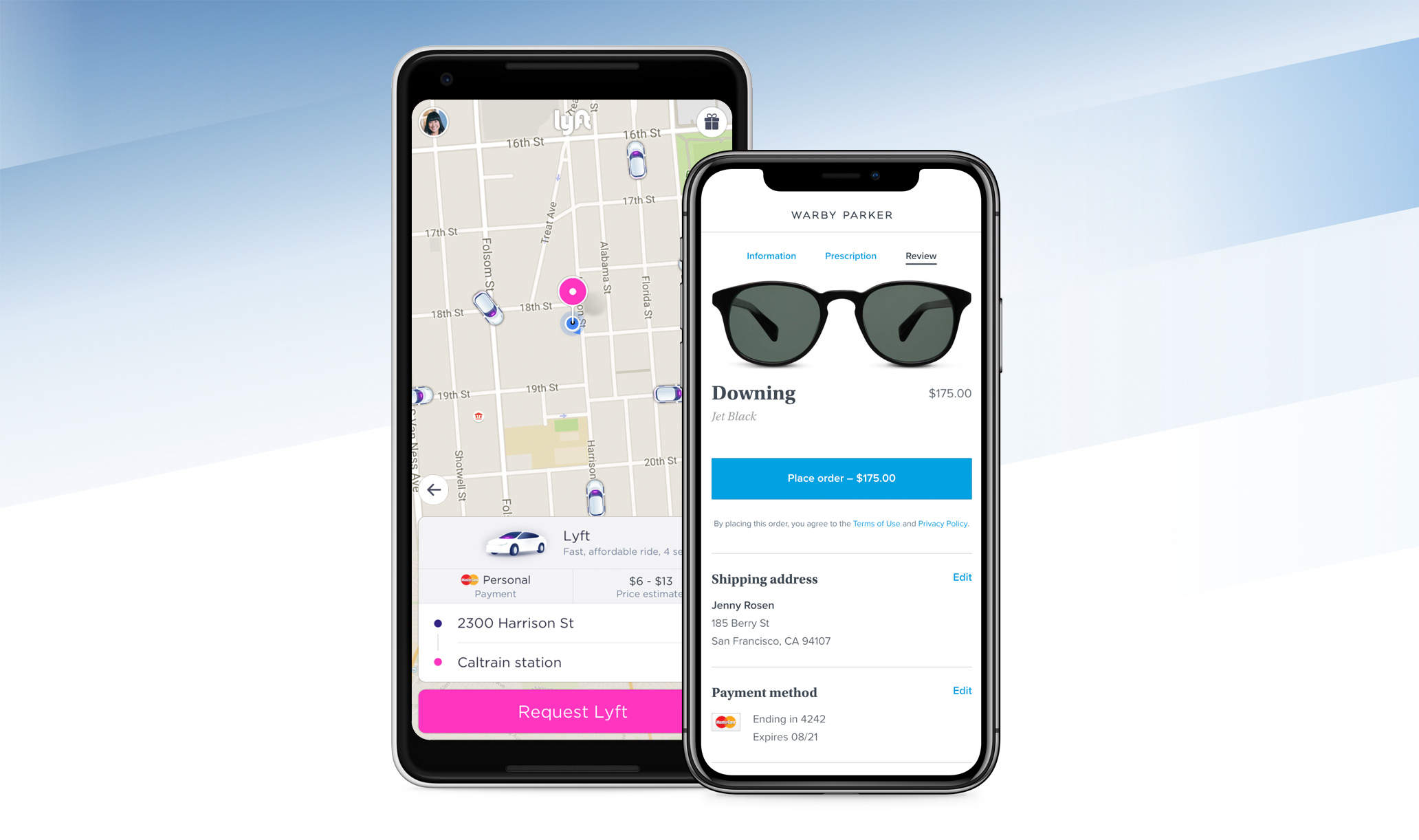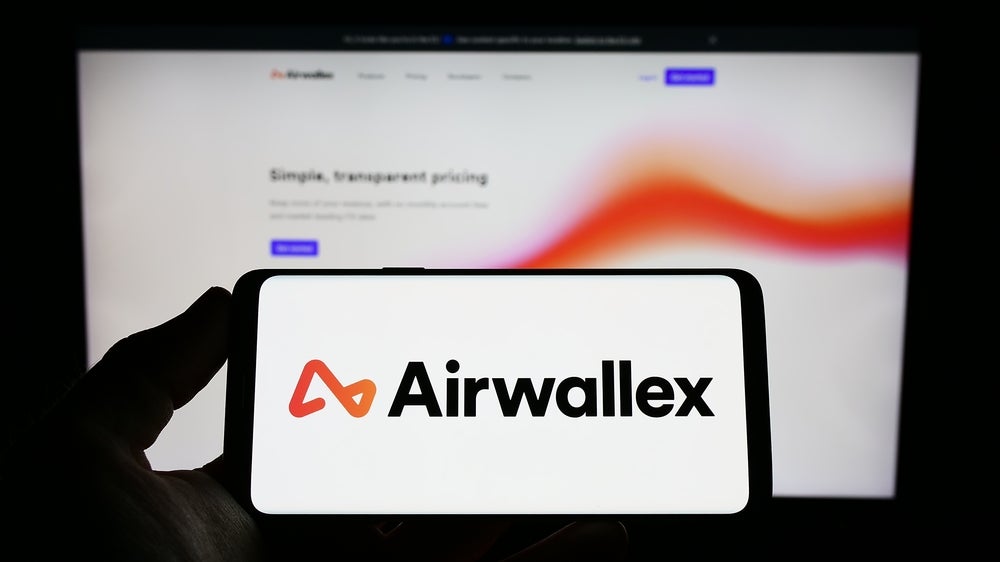
Stripe has raised $245m in the latest funding round led by hedge-fund firm Tiger Global Management to take Stripe payments global.
The funding round was also joined by DST Global, Sequoia Capital, Andreessen Horowitz, Kleiner Perkins and Khosla Ventures.
The latest round values the company at approximately $20bn, which is almost double compared to $9.2bn in a November 2016 fundraising.
“We think this investment will be helpful as we continue to march upmarket and serve these larger companies,” Reuters quoted Stripe co-founder John Collison as saying.
The firm intends to use the funds to expand Stripe payments to new regions including Southeast Asia and India.
Additionally, the company intends to use the money to bolster its client portfolio. It also plans to open an engineering hub in Singapore.
How well do you really know your competitors?
Access the most comprehensive Company Profiles on the market, powered by GlobalData. Save hours of research. Gain competitive edge.

Thank you!
Your download email will arrive shortly
Not ready to buy yet? Download a free sample
We are confident about the unique quality of our Company Profiles. However, we want you to make the most beneficial decision for your business, so we offer a free sample that you can download by submitting the below form
By GlobalDataLaunched in 2010, Stripe provides software and associated services to enable the companies accept payments swiftly from their customers avoiding conventional procedures.
Currently, it operates across 25 countries with a clientele of more than 120 companies.
Earlier this month, the company introduced its own point-of-sale (PoS) terminal to enable online businesses accept in-person payments.






